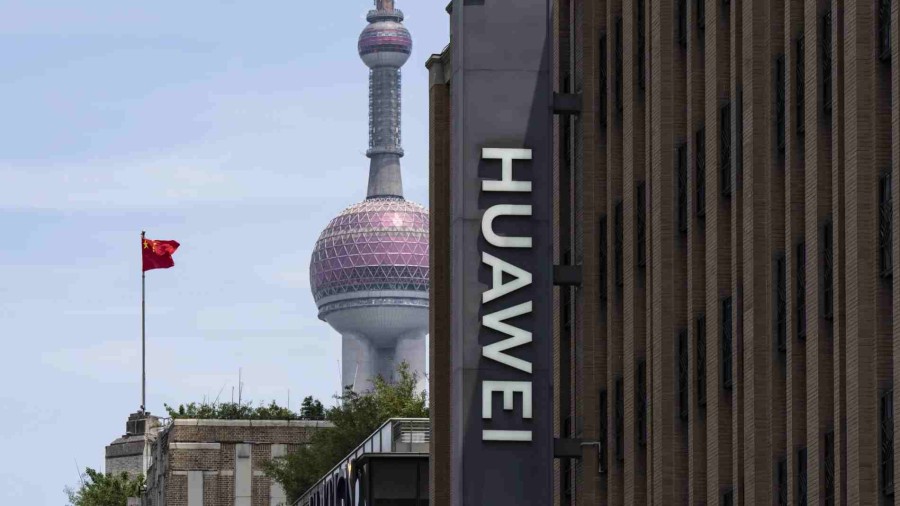Congress Calls for Tougher China Sanctions to Thwart Huawei

Some members of the US Congress believe Huawei's "clandestine chip network" is breaking existing sanctions—and expanded sanctions against China are needed to prevent further export of US chips and manufacturing equipment to the country.
This month, two members of the House Select Committee on the Strategic Competition Between the US and the Chinese Communist Party wrote a letter to the Department
of Commerce, urging it to sanction Chinese companies tied to Huawei and stop semiconductor manufacturing equipment (SME) from getting to China. But they admit it may be late to make changes, as they suspect Huawei may have already "stockpiled" the equipment by exploiting loopholes that have existed for over a year.Huawei, which the US has sanctioned to varying degrees since 2017, has reportedly been using other China-based companies like Pengxinxu, SwaySure Technology, Qindao Sien, and others to get access to prohibited tech.
"Restricting the flow of SME to Huawei’s clandestine network of semiconductor companies will send an important signal to both the PRC and Huawei that the United States will take appropriate action to prevent US technology from enabling its problematic technology ambitions," Chairman John Moolenaar (R-MI) and Ranking Member Raja Krishnamoorthi (D-IL) wrote in their joint letter.
"Failing to do so will only benefit a small group of American companies producing SME at the expense of chipmakers worldwide who cannot sell their chips, undermining the intent of the Huawei listing, and harm our national security," the letter continued.
Days after the letter went public, the Commerce Department reportedly began looking into Taiwan Semiconductor Manufacturing Company (TSMC) to determine how Huawei is obtaining TSMC chips.
TSMC has been trying to figure out how one type of its chips ended up in the Huawei Ascend 910B, an AI processor. It recently stopped doing business with China-based firm Sophgo over possible ties to Huawei because Sophgo purchased the same chip that ended up in the Huawei processor.
Sophgo has denied allegations that it's done business with Huawei, however, and has reportedly provided related documentation to TSMC in an attempt to verify its innocence.
Previous Story
- EU to impose duties on electric vehicle imports...
- China Industrial Profits Extend Drop as Deflation Takes...
- China's exports miss forecasts as lone bright spot...
- China's deflationary pressures build in Sept, consumer inflation...
- Uniqlo owner Fast Retailing posts 31% rise in...
- China hits out at EU brandy in tit-for-tat...
- Apple may need to turn to China after...
- China's top banks to tweak mortgage rates to...